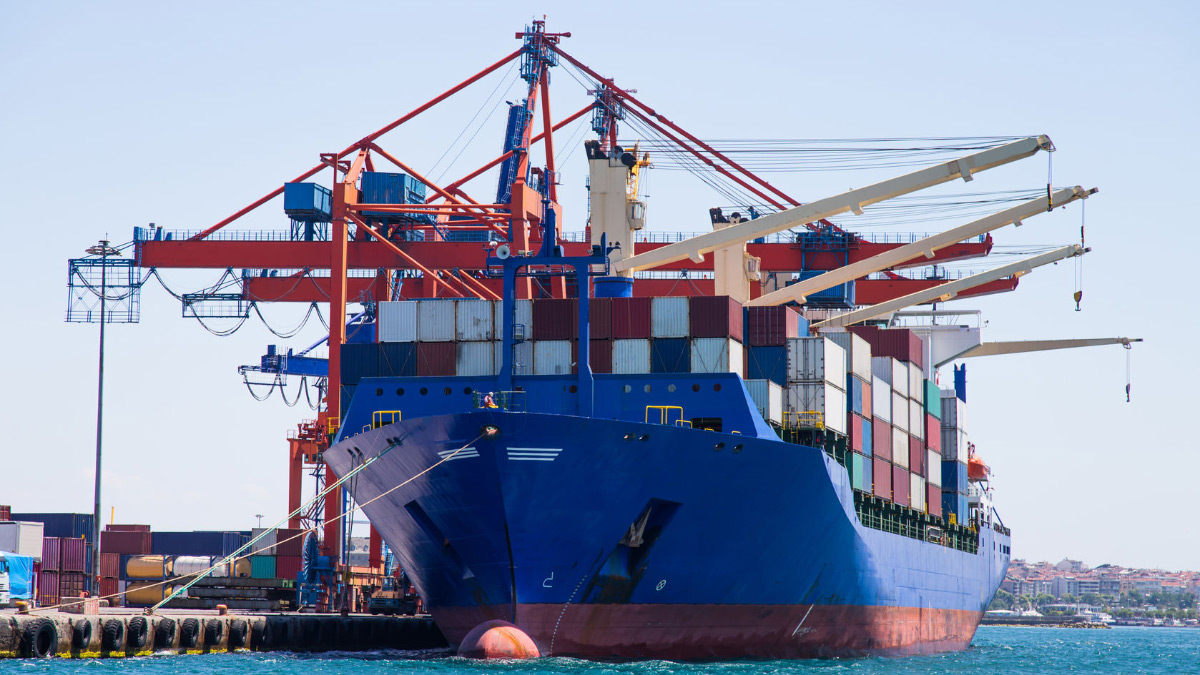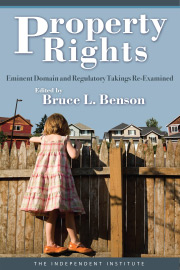President Trump’s decision to levy tariffs on imported aluminum and steel might finally trigger the trade war that economists have feared since he was elected. But it may also confirm something much more troubling: the president’s preference for crony capitalism over principled free enterprise.
At first blush, the tariffs might seem very conventional: routine policy tools intended to level an international playing field that unfairly tilts in favor of global competitors subsidized by foreign governments. But this rationale is not one the administration used to justify the tariffs. Instead, it invoked a little-used clause—Section 232 of the Trade Expansion Act of 1962—which authorizes the president to slap quotas or tariffs on foreign imports if the U.S. Commerce Department deems them a risk to national security.
The tariff decision was foreshadowed earlier in the year, when U.S. Treasury officials argued that high tariffs were necessary to increase domestic steel and aluminum production to 80 percent of operational capacity. Since domestic producers couldn’t get there on their own, trade barriers were needed to prop them up and fund their inefficiencies through higher prices paid by U.S. consumers.









